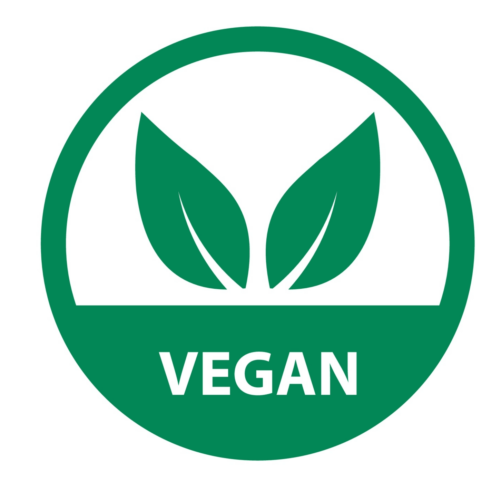
Veganism is a way of living which seeks to exclude, as far as possible and practicable, all forms of exploitation of, and cruelty to, animals for food, clothing or any other purpose.
The Vegan Society
Vegan diets have become increasingly popular, because of ethical, environmental, or health reasons. A vegan diet excludes all animal products, including dairy and eggs, either replacing products with vegetable and fruit based look-alikes, or eating a completely different type of diet which may include raw fruits and vegetables.
When it comes to medicines, it is more difficult to make a choice which is true to pure vegan principles and for your own health you may find that you do need to take a medicine which is not totally vegan. It is important to do your research carefully and to be clear of your own red lines. Your decision should then be taken in consultation with your doctor.
Unfortunately, as part of the UK medicines licensing process, all medicines in development have to be tested on animals before they are actually tested on humans.
Also, the actual manufacture of many medicines involves animals or animal products, for example:
- Pancreatic replacement enzymes are usually derived from pig or other animals’ digestive enzymes.
- Vitamin D3, cholecalciferol, comes from lanolin which is a byproduct from the wool industry. (Vitamin D2, ergocalciferol, is plant based.)
- Some older HRT products (mostly discontinued) extracted oestrogen from pregnant mares’ urine.
Vaccines
In order to grow viruses and develop immunisations, animal products are often used:
- Many immunisations are developed using chicken eggs and so contain traces of egg protein. These include yellow fever vaccine, MMR and many flu vaccines.
- Other vaccines are grown in cell lines which may have initially come from animals, or in other culture media containing gelatin (an animal based product).
- Animal based enzymes are often used to ‘clean and purify’ vaccines, during the manufacturing process.
Other ingredients in medicines
As well as the active ingredient in a medication, there are always other ingredients used to form the tablets or liquids. These are called ‘excipients’. Many excipients are non-vegan animal-based products. Excipients are listed in section 6 of the manufacturer’s patient information leaflet included in medicine packs.
Common non-vegan excipients include:
- Lactose – a sugar derived from milk – found in a large number of tablets include the contraceptive pill.
- Gelatin – extracted from animal tissues – found in many capsule preparations.
- Lanolin – extracted from sheep’s wool.
- Shellac – originally extracted from insects, synthetic equivalents are available but may have been tested on animals – found in many coatings on pills and capsules.
- Sodium glycocholate and glycocholic acid – emulsifying agent derived from mammal bile acid – used in many slow release tablets.
Common excipients which may or may not be plant based include:
- Lactic acid.
- Magnesium stearate and stearic acid.
Conclusions
Researching the recommended medication and reading the patient information leaflet, followed by a careful discussion with your doctor is important.
Vaccinations are vital to prevent many devastating illnesses, but it is not yet ‘possible or practicable’ to find an effective vegan alternative.
The takeaway message is that making vegan choices around medication is difficult, but with careful consideration, you can remain vegan ‘as far as possible and practicable’.



